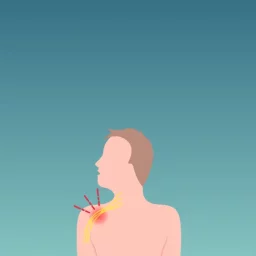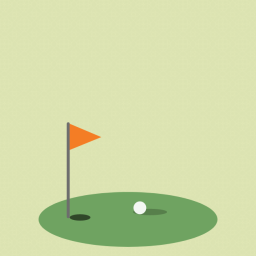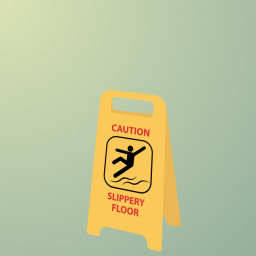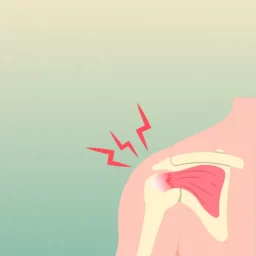Are Video Games Affecting Your Health?
The best video games have certain setbacks: they can be addictive and often time-consuming. Unfortunately, the more time you spend playing a game, the more likely it will affect your health.
Your Body is Your Best Tool
Pro gamers tend to do things that amateur video game players do not do. Although they spend up to 10 hours a day training on a specific game, their daily routine will also include some weight, cardiovascular, and agility training. Whenever a pro gamer gets asked what is important besides playing huge amounts of games, they say: “Your body is very important; you need to be fit to be able to think fast, play fast and grind endless games.”
You don’t have to be a pro gamer to benefit from the same principles. It doesn’t matter how great your gaming gear is: ultimately your body is your most important gaming tool. Neglecting it while playing for long hours can result in carpal tunnel syndrome, neck pain, back pain, headaches, vision problems, repetitive stress injuries, and even malnutrition.
Maintaining a Neutral Spinal Position
The human body works most efficiently and with the least amount of stress when it is aligned properly. The spine consists of 24 movable vertebrae which allow movement while protecting the spinal cord. In the side view the spine has 3 major curves:
- Cervical (forward curve)
- Thoracic (backward curve)
- Lumbar (forward curve)
These curves must be maintained in the sitting, and standing postures.
Consider this fact: The average human head weighs 8 pounds. If your chin moves forward just 3 inches: as it tends to when you sit at a computer – the muscles of your neck, shoulders, and upper back must support the equivalent of 11 pounds. That’s a weight-bearing increase of 38 percent – often for hours at a time. Left untreated, the effect of chronic desk slump results in a postural dysfunction that chiropractors call upper-cross syndrome. You know it as rounded shoulders.
Upper cross syndrome is a common cause of weight-lifting plateaus, as well as pain and injuries. Making sure that your desk and gaming station are as ergonomic as possible will minimize your risk of suffering from this common problem. Apps such as Straighten Up Canada will give you tools to maintain a neutral spinal posture.
Couch Gaming
If you prefer playing video games from the comfort of your living room rather than at a computer, you may be at risk for some different health issues. To avoid neck pain, position your couch or chair so that the screen is at eye level and directly in front of you. Make sure you support your arms with pillows and that you use good back support – which can be harder on a couch than on a computer chair. To diminish the strain on your hands and wrists, it is recommended that you turn off the vibration feedback from the controller or limit the time it is used. As much as possible, use pillows and lapboards to help achieve neutral positioning.
Repetitive Stress Injuries
Repetitive stress injuries were even given a name specifically for gamers: Nintendo thumb, also known as Nintendonitis. It is a video game-related health problem classified as a form of repetitive strain injury. The symptoms are blistering, paraesthesia and swelling of the thumbs, due to the use of video game controllers. This can lead to stress on tendons, nerves and ligaments in the hands, and further onto lateral epicondylitis (“tennis elbow”), tendinitis, bursitis and carpal tunnel syndrome. To avoid repetitive strain injuries, make sure to take frequent breaks and stretch your wrists, hands, arms, shoulders and upper back.
Your Eyes and Video Games
Prevent eye strain by following the 20-20-20 rule. For every 20 minutes of play, focus for 20 seconds on an object 20 feet away. This will help reduce the strain on your eyes caused by focusing on a screen while you play.
Knowing When to Take a Break
It is still much easier to prevent an issue than it is to fix it. Taking breaks every hour is important to help with all the issues mentioned above. Look away from the screen, walk around, stretch your wrists and hands, and make sure you eat healthy foods regularly. Keep a set of small weights next to your chair and use loading screens and downtimes to exercise lightly. The healthier you are, and the better you will feel, the better you will be able to concentrate on the task at hand, making you a better gamer.
Your hobby should remain fun and not bear long-term health consequences. Talk with your chiropractor, physiotherapist or massage therapist at the CURAVITA clinic if the pain persists after gaming.
For more information or to book an appointment with one of our chiropractors, physiotherapists or massage therapists, visit our clinic websites at Curavita Byward and Curavita Glebe.
You can also call us at our clinic in the Glebe at 613-237-9000 or in the Byward Market at 613-860-8600.
















